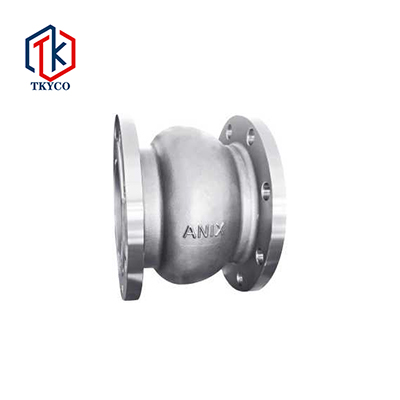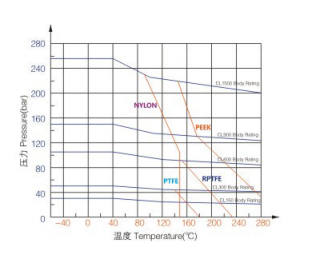Gate valves are one of the most common valves used on ships. These valves generally are either fully open or fully closed.
When fully open, the fluid flows through the valve in a straight line with very little resistance. Gate valves should not be used in the regulation or throttling of flow because accurate control is not possible, and high-flow velocity in partially opened valves may cause erosion of the discs and seating surfaces. Main Water Shut Off Valve

An exception to the above is specially designed gate valves for low-velocity throttling.
Gate valves consist of the following parts:
Handwheel: This is a wheel that is rotated clockwise and anticlockwise, and it is connected to the disk via the stem spindle.
Stuffing box: It is a chamber in which the packing is compressed to avoid leakage from the steam spindle.
Packing material: A glad packing is required for a reliable seal between the stem and the bonnet. Packing is available in various materials, including Teflon, elastomeric, and fibrous materials.
Bonnet: The bonnet is the cover for the opening in the body and is the pressure valve’s second most crucial boundary. A bonnet, which serves as a cover for the valve body, is made of the same material as the body. It is typically attached to the body via threaded bolts.
Gasket: It is fitted between the body and bonnet for sealing purposes
Stem: The valve stem is responsible for properly positioning the disk and providing the necessary movement to the disc to open or close the valve. On one end, it is connected to the valve handwheel, actuator, or lever; on the other, it is connected to the valve disc.
Stems are typically forged and threaded or otherwise connected to the disk. A fine surface finish of the stem is required to prevent leakage in the area of the seal.
Flange: It is for tightening the gland with a nut.
Gate/Disk: the disc allows, throttles, or stops the flow. The disc in a gate or globe valve must move linearly to open or close the valve. When the valve is closed, the whole system pressure is applied across the disk, and as a result, the disk is a pressure-related component. To provide good wear properties, disks are typically forged and, in some designs, hard-surfaced.
Valve body: The primary boundary of a pressure valve is the valve body, also known as the shell, which holds all the parts together.
A valve’s body, or first pressure boundary, resists fluid pressure loads from connecting piping. It accepts inlet and outlet piping via threaded, bolted, or welded connections.
Valve Seat: The seating surface for the disk is provided by the seat or seal rings. There may be one or more seats on a valve. A gate valve has two seats, one on the upstream side and the other on the downstream side.
A gate valve disc has two seating surfaces that contact the valve seats to form a seal that stops the flow. These rings are detachable, making replacing them easy in case they are eroded or damaged.
The gate valve works by lifting the circular gate connected by a stem out of the path of the fluid by rotating the handle wheel clockwise and anticlockwise.
When you turn the handle wheel clockwise, steam MOVES downward across the fluid flow, and the gate is squeezed between two seats. So that there is no fluid leakage when the valve is completely closed.
When you turn the handle Wheel anticlockwise, steam and fluid rise simultaneously across the fluid flow. The valve is opened in the Chrome closed position, allowing fluid to flow through the Gate valve. The gate will either open or closed.
We hope this video has helped you understand the construction and operation of the gate valve.
Disclaimer: The authors’ views expressed in this article do not necessarily reflect the views of Marine Insight. Data and charts, if used in the article, have been sourced from available information and have not been authenticated by any statutory authority. The author and Marine Insight do not claim it to be accurate nor accept any responsibility for the same. The views constitute only the opinions and do not constitute any guidelines or recommendations on any course of action to be followed by the reader.
The article or images cannot be reproduced, copied, shared or used in any form without the permission of the author and Marine Insight.
Do you have info to share with us ? Suggest a correction
Get the Latest Maritime News Delivered to Your Inbox!
Our free, fast, and fun newsletter on the global maritime industry, delivered everyday.
Zahra is an alumna of Miranda House, University of Delhi. She is an avid writer, possessing immaculate research and editing skills. Author of several academic papers, she has also worked as a freelance writer, producing many technical, creative and marketing pieces. A true aesthete at heart, she loves books a little more than anything else.
Your email address will not be published. Required fields are marked *
Signup today and get maritime ebooks submitted to your inbox directly.
And don’t worry, we hate spam too! You can unsubscribe at anytime.
"* " indicates required fields

Quiet Check Valve © 2010 - 2023 Marine Insight — All Rights Reserved